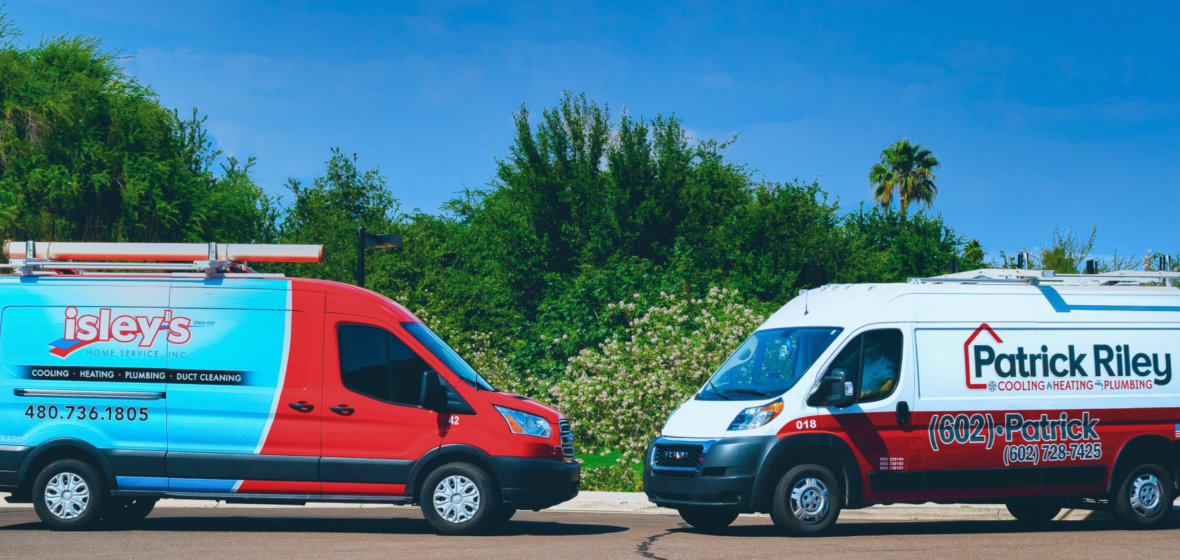Residential Plumbing Services Near Phoenix
Plumbing Services Done Right
Finding affordable residential plumbing services near home is the first (and sometimes the worst) part of your plumbing emergency. At Patrick Riley | Isley's, we understand how expensive plumbing repairs and installations can be. That's why our techs take the time to carefully assess your home and plumbing needs so we can provide a solution that makes sense for your home and your budget.
Polite, Professional Pros We will always treat you and your home with respect.
Upfront, honest pricing We provide a flat-rate price upfront, so there are no surprises.
4.7 star rating on Google… Just check out what our customers have to say!

Select the plumbing service you need:
Water Heater Services
Drain & Pipe Services
Kitchen & Bath Services
Water Filtration Services
Sump Pump Services
Maintenance Services
Don't see the plumbing service you need?
What Folks Are Sayin' About Patrick Riley | Isley's
Our Service Area in Arizona
We provide plumbing repair and installation services in Glendale, Peoria, Scottsdale, Mesa, Gilbert, Tempe, Chandler, Carefree, Cave Creek, Avondale, Surprise, Sun City, Paradise Valley, Apache Junction, Queen Creek & Phoenix.
See full service area

